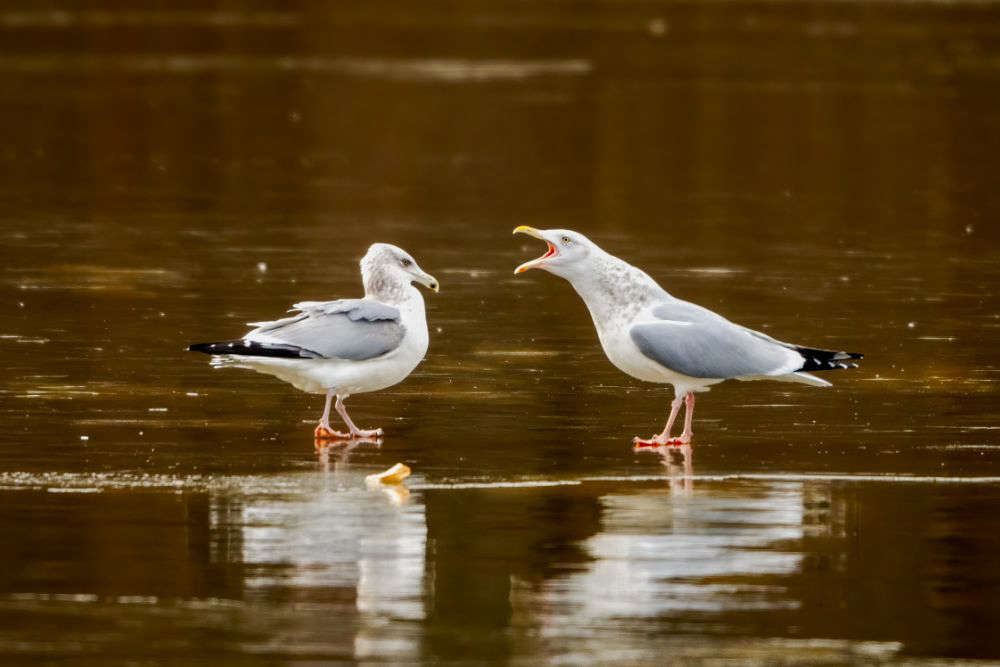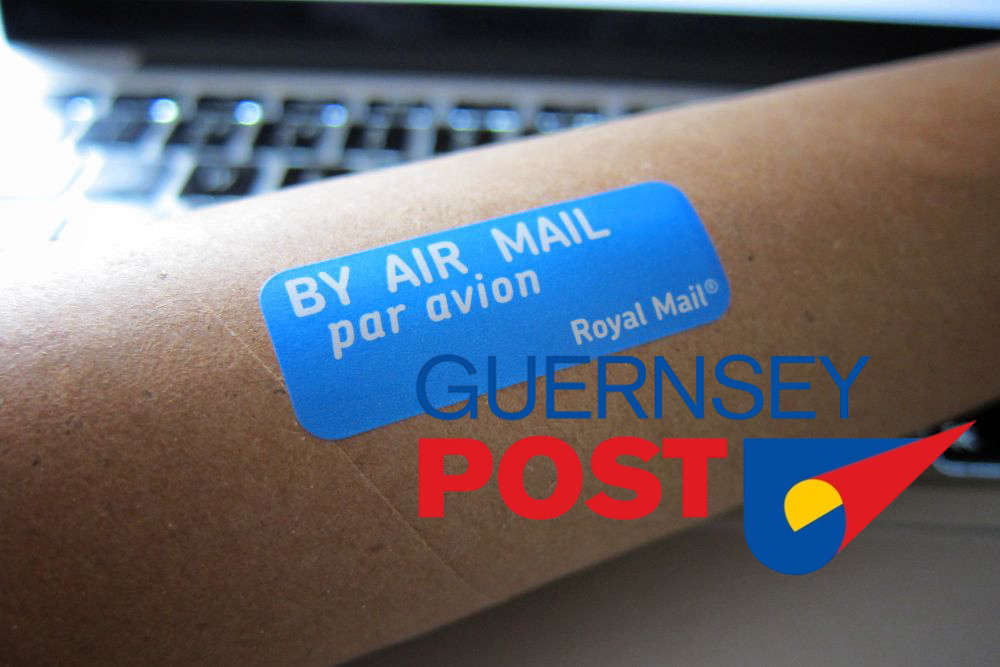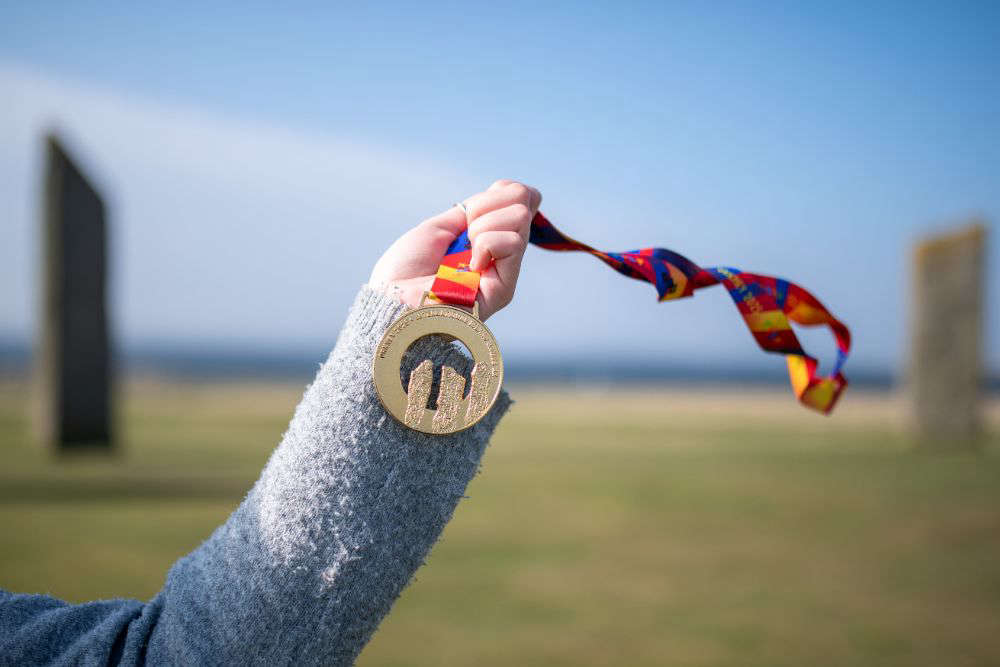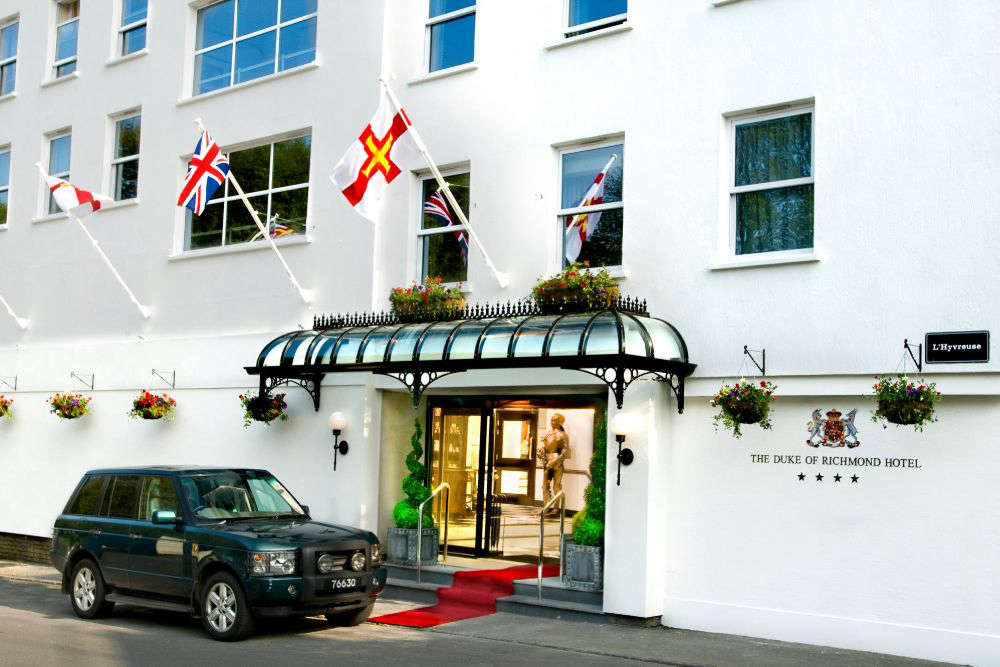
Two cases of bird flu have been detected in Guernsey.
The seagulls were found to have Avian Influenza over the weekend, and are the bailiwick's first cases since the H5N1 strain was identified in the UK last winter.
The government has banned any events where poultry is brought together - like shows, fairs or competitions.
The States Vet has issued guidance to bird owners:
- ensure that wild birds cannot access feed, water, bedding and litter. This can be achieved by housing birds, creating netted, covered enclosures, covering feed and water or using treadle feeders, for example.
- make their premises unattractive to wild birds by using visual bird scarers, removing any feed sources and blocking access to bodies of water.
- implement good biosecurity measures so as to avoid indirectly infecting their birds. This can be achieved using disinfectant foot dips or changing footwear when entering pens, for example.
- contact the States Vets if any of their birds develop symptoms or are found dead, by calling 01481 221161 or emailing svo@gov.gg.
Anyone who owns chickens, turkeys, ducks and geese is also being told to 'take precautionary measures' to protect their birds - but they aren't being asked to keep them indoors.
Poultry owners who aren't on the States' voluntary register of keepers are being encouraged to register online so they can be kept informed of any developments.
Anyone who comes across a sick bird is urged to contact the GSPCA on 01481 257261.
We're told it's especially important to avoid breeding colonies for seabirds - like Les Etacs, the Humps and Lihou.
States Vet, David Chamberlain, says we can all play a part in preventing bird flu from spreading:
"Having identified these two cases of bird flu this weekend, we’re calling particularly on poultry owners to follow the guidance that has been provided for both the safety of their animals and also to prevent further spread to other wild birds.
Members of the public also have an important role to play. If you come across dead or sick birds of prey, sea birds or poultry, please do not touch them, but instead, contact us and provide us with as much information as you can.
It’s important to stress that bird flu is primarily a disease of birds and the risk to the general public’s health is very low. I’d like to thank members of the public in advance for their compliance with this guidance."
Dr Nicola Brink, Guernsey's Director of Public Health, says it's 'extremely rare' for the disease to be transmitted to humans:
"Bird flu is an infectious type of influenza that spreads among birds and there are many different types.
Some strains of bird flu can pass to humans but this is extremely rare. It usually requires very close contact with an infected bird so the risk to humans is considered very low.
However, it is really important that we follow the advice from the States Veterinary Officers and not touch any dead or sick birds, but contact either the States Vets or GSPCA."


 Arrival of mail into Guernsey to take longer as post comes by sea
Arrival of mail into Guernsey to take longer as post comes by sea
 Guernsey is "going to be home for the foreseeable future"
Guernsey is "going to be home for the foreseeable future"
 Replica Liberation Day medals will be gifted to Guernsey children
Replica Liberation Day medals will be gifted to Guernsey children
 Guernsey sends £50,000 to those affected by Myanmar's earthquake
Guernsey sends £50,000 to those affected by Myanmar's earthquake
 Guernsey PC earns three top accolades for saving a life
Guernsey PC earns three top accolades for saving a life
 Children’s Zone planned for Guernsey's 80th Liberation Day
Children’s Zone planned for Guernsey's 80th Liberation Day
 100 days until Orkney Island Games begin
100 days until Orkney Island Games begin
 Guernsey hospitality chain buys The Duke of Richmond Hotel
Guernsey hospitality chain buys The Duke of Richmond Hotel

